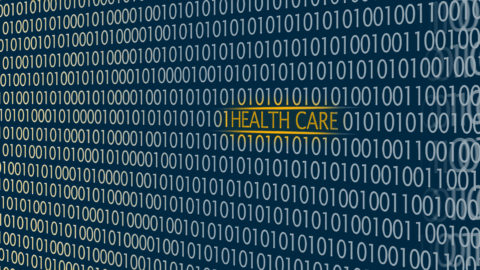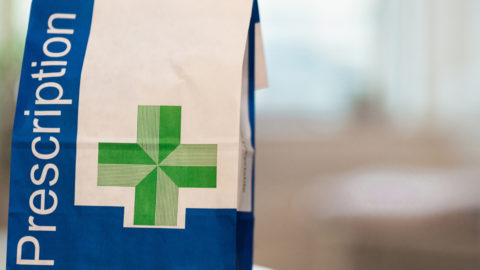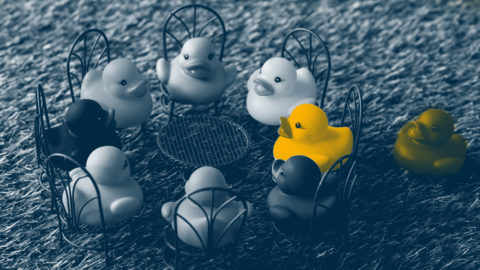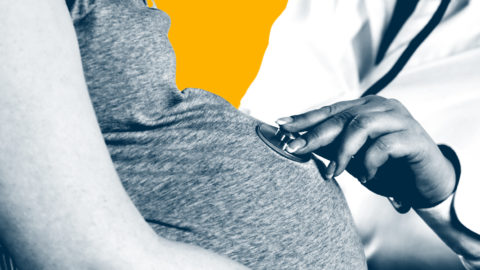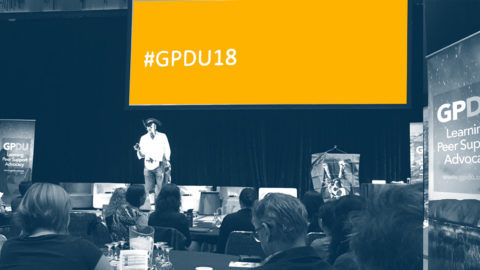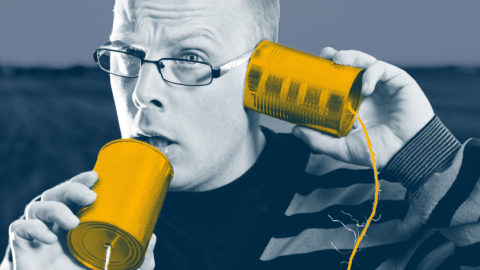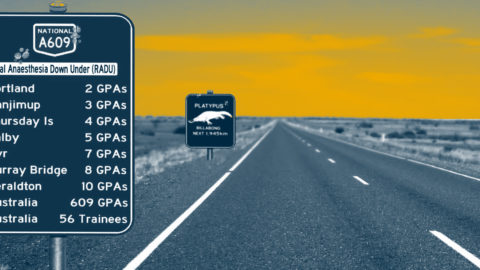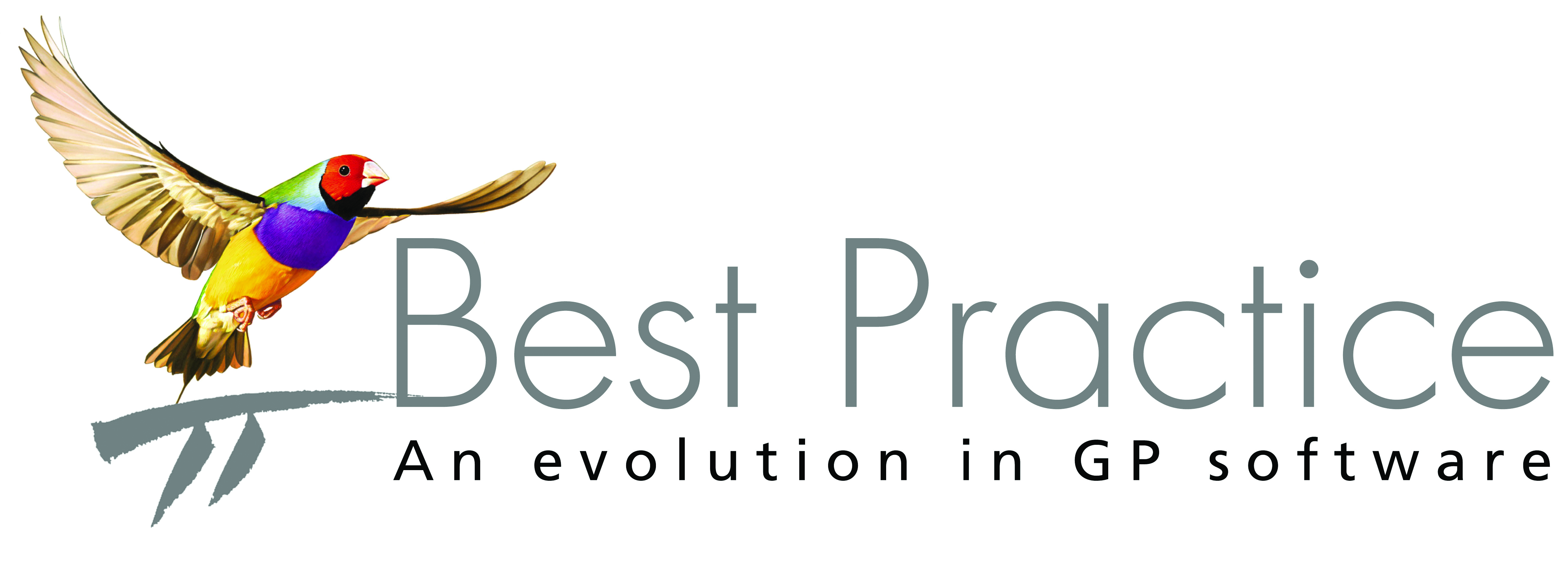Beyond zero tolerance: sexual abuse in medicine
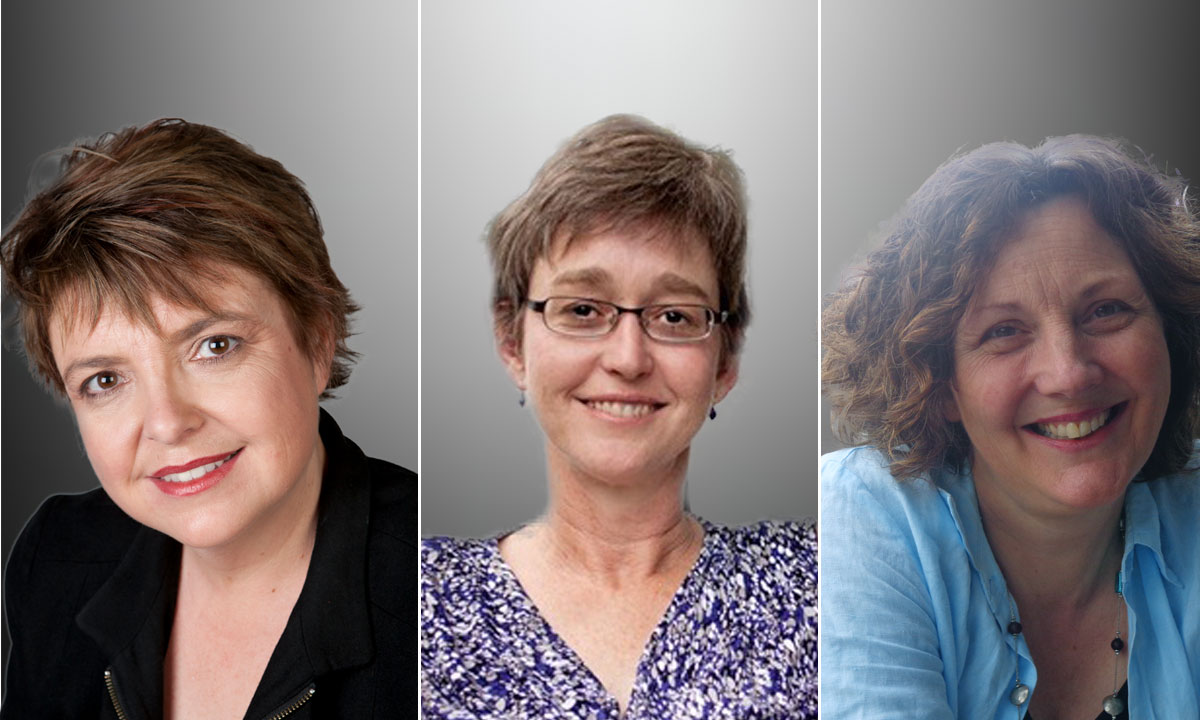
LOUISE STONE
KIRSTY DOUGLAS
CHRISTINE PHILLIPS
Published on Insights+ with MJA 18 June 2018
This is the sixth article in a monthly series from members of the GPs Down Under (GPDU) Facebook group, a not-for-profit GP community-led group with 5800 members, which is based on GP-led learning, peer support and GP advocacy.
IN the past 3 years, we have been conducting a qualitative study exploring the lived experience of junior doctors who have been sexually abused by their senior colleagues. The study arose from an experience caring for a junior colleague who had been sexually assaulted by her consultant supervisor while on the hospital campus. We had a number of topics we wanted to address in the study: why this occurs, what can be done to prevent it, and how we can best help manage the significant trauma arising from the abuse.
We recruited through social and mainstream media and although we did not specify gender in the study design, six women volunteered. We interviewed them over 2 years for 1-6 hours in total. All were registrars at the time of the abuse. Three of the women did not report the abuse, and three women took their cases to civil or criminal courts. Data was analysed using narrative methodology and a critical theory framework.
As we come to the end of the study, which is currently under review, we have found that the same questions keep surfacing. Why is there so much silence around this issue? How can it be occurring in the light of day in our medical institutions? And why do junior doctors not report this criminal behaviour?
As we present our work in forums such as the recent GPDU conference, we often see three responses. Women come to us or write to us and tell us quietly about sexual abuse that occurred 2 or 20 or even 50 years ago that they have never disclosed. They thank us for our work and reveal how profoundly damaging the abuse has been, both personally and professionally. At the same time, senior members of our profession who lead policy, education and clinical practice ask why women don’t report. If they don’t tell us, they say, how can we possibly change this behaviour? And then inevitably some colleagues tell us that this sort of abuse is outside their experience and therefore must be untrue.
This article is an attempt to synthesise some of the learnings from the literature, and from our early analysis to explore why it is that this issue continues to be hidden. We hope to shed some light on the complexity of this silence and the extent of the shame around this deeply troubling problem.
Cumulative microaggressions: “we’re just too used to it”
Microaggressions are subtle yet harmful forms of discriminatory behaviour experienced by vulnerable members of a community. These seemingly minor putdowns, humiliations and discriminatory remarks accumulate over time to create cumulative harm: an environment that feels unsafe and unwelcoming.
We know that the medical community is not always warm and inclusive, especially to junior colleagues. Internationally, bullying, discrimination and harassment in the medical profession is common, with 33% of trainees experiencing sexual harassment. In Australia, there have been several high profile cases of sexual harassment and abuse of junior doctors recently and, for the first time, there has been a criminal conviction involving a senior consultant who sexually assaulted his registrar. Medicine is a hierarchical discipline, with many medical students experiencing the normalisation of sexual harassment in medical teams and the routine humiliation of junior doctors (here and here).
The Royal Australasian College of Surgeons (RACS), which was involved in one of the high profile cases of sexual harassment, responded by commissioning an investigation into the issue, followed by the issuance of an apology. This inquiry revealed entrenched bullying and harassment in medical teams which has been echoed in other disciplines. In response to this inquiry, the RACS has developed a suite of policies, Operating with respect, and the principles of these policies have been adopted across a number of other colleges.
However, these policies are enacted in a broader social context. The social discourse around sexual abuse continues to perpetuate certain stereotypes around rapists and victims (rape myths, which lead to invalidation of the victims’ experiences, minimisation of the impact of trauma, and under-reporting of sexual abuse. These myths are pervasive, and are reinforced in the media, the courts and the broader social world (here and here).
Junior doctors, and women in particular, learn in a hierarchy. They are mentored by their senior colleagues, many of whom become role models. They are also expected to be compliant, and tolerate sexist microaggressions – such as statements like “great to see our female colleagues ‘trying’ to contribute equally despite home duties” – from the profession, their multidisciplinary colleagues and the community. In this environment, it is unsurprising that they feel powerless to respond to sexual harassment and abuse.
Career impact: “does anyone ever report these things and come out on top?”
Like many women in the community, the participants in our study were deeply concerned that reporting abuse would ruin their career. Sexual abuse in the medical profession is not just a personal trauma, it is also a professional betrayal (here and here). When the workplace, the courts, the colleges or the collegiate community fail to respond appropriately, the personal trauma of sexual abuse is compounded by institutional betrayal that threatens recovery.
Reporting sexual abuse in medicine has profound consequences since young doctors rely on senior colleagues for career advice and references, which are critical for career advancement. The hierarchy of medicine diminishes the likelihood of reporting abuse. Young doctors fear “whistleblowing”, feeling it may bias fair assessment for training, and also their continued access to collegiate networks that will sustain their careers in the longer term. There is also confusion about the process of reporting. Sexual abuse in the workplace is managed by a series of institutions whose varied but overlapping roles and responsibilities may not always have the primary focus of supporting the victim. These institutions include state and federal legal processes, human resource departments, state and professional complaints procedures, and medical defence organisations. It would be extremely challenging to unpack this if you were contemplating seeking help or redress.
It is unrealistic to expect a junior doctor to navigate this complexity. In our study, we found that there was a balance between the overt policies recorded in the institution which did not always match the covert behaviour of its leaders and staff. The written curriculum around professional behaviour does not match what happened to Caroline Tan, whose career was derailed after she won a sexual harassment case against a fellow neurosurgeon in 2015. The anti-harassment posters on the walls reflect a law that is not always enforced. And the written policies around the reporting of abuse do not always reflect what they see happening in their working environments.
Personal impact: surviving “the theatre of shame”
In our study, we are finding that participants not only experience personal trauma, they also experience a profound shift in their world view and their professional identity. The victim in the John Kearsley case – Kearsley was a senior oncologist who was found guilty and subsequently jailed for drugging and indecently assaulting a registrar – who has remained anonymous, has clearly articulated the personal cost in her victim impact statement:
Excerpts from the victim impact statement in the John Kearsley case.
“Before the assault, I was a confident, vivacious young 32-year-old woman without a doubt in my mind about my abilities … November 22, 2013 everything changed. My whole belief system collapsed. For weeks, I could not comprehend what had happened. I could not understand why my trust was betrayed. I wondered how I could have so stupidly misunderstood the intentions of someone I considered a mentor … The shock of the assault and the loss of memory haunted me every minute of the day and for the first time in my life, I forgot how to speak. I could not eat or sleep. I found myself avoiding people at work, and I could not hold a conversation with patients … I feel a wave of embarrassment anytime someone asks me a question like ‘everything’s okay now, right?’ I respond with a smile and a nod because I’m too embarrassed to admit that every time I’m reminded of the incident, I still feel the same rage, shame, and desire to just disappear … As a result of the assault, I started to doubt my values that I have lived by for as long as I can remember. I am no longer able to freely trust my colleagues … I have to remind myself constantly that the negative picture in my mind is not real, and it creates barriers with everyone I work with … I knew that by informing the authorities about what happened, I was at risk of being labelled a troublemaker. In a highly hierarchical world of medicine this is the most dreaded label. The impact on my career could be irreversible … I sought counselling not only for the symptoms of post-traumatic stress but also for the grief and anger I have for the career I have potentially lost … I decided few months after the assault that my career in radiation oncology is over, and that I would be left to pursue a career in a different specialty. I had even come to terms with the fact that I may have to leave medicine altogether. Through wonderful support from my colleagues and friends, I have since returned to radiation oncology, but I am yet to find a consultant position and I still wonder every day whether I will be discriminated against in future … As a consequence of the assault, I have also lost my social life … The assault had a major impact on my view on self-worth and I am no longer able to socialize as I used to. My previous relationship drifted apart because of the distance I created. I still struggle to communicate my feelings freely with family and friends … the impact of the assault has been profound in many ways and continues to affect me daily. I have lost so much and my life is heading a very different path to where I had imagined … Although I am not left with physical scars, I am left with deep emotional scars. My world is broken and it will never be the same.”
The personal and financial cost of a court case is also prohibitive for a junior doctor, especially as the hope of a successful outcome is slim. The risk of retraumatising is high. Many doctors reflect the views of Judge Madgwick when sentencing a person for sexual assault: he described the victim as a “heroine of fortitude” for surviving the hearing. Many women believe that taking a sexual assault to court provides no benefit to the victim, even if it may forward the cause of justice for others by serving as a deterrent. And taking a case to court involves surviving “a theatre of shame”.
Betrayal blindness: “was it really abuse”?
In our interviews, we found that some participants still had difficulty recognising that their experience was abusive. There is some evidence that this is not unusual in people who have experienced trauma in a community they trust, so-called “betrayal trauma”. Betrayal trauma occurs when the people or institutions on which a person depends for survival significantly violate that person’s trust or wellbeing. Betrayal trauma theory suggests that under-reporting may also be linked to a purposeful, if unconscious, method of “not-knowing”. Freyd and colleagues found that a close and dependent relationship between the perpetrator and victim predicted memory impairment for physical and sexual abuse. After abuse, victims may dissociate to maintain important relationships and minimise trauma, unconsciously not-knowing about information that would threaten it. In betrayal trauma, “the best way to keep a secret is not to know it in the first place; unawareness is a powerful survival technique when information is too dangerous to know.”
Victims who have survived childhood trauma are more likely to experience betrayal trauma, are more likely to dissociate and have more difficulty detecting betrayal. Given prevalence estimates for childhood abuse of 8–31% for girls, it is likely that some victims of sexual trauma in medicine are also survivors of childhood trauma.
“Betrayal blindness” can also be experienced by bystanders. This may involve consciously pretending not to know to avoid consequences in social relationships (the “emperor’s new clothes” phenomenon) or may mean that bystanders remain truly unaware of the trauma. Bystander blindness protects the bystander by helping them avoid seeing and responding to risk. Acknowledging trauma threatens their own interpersonal, physical and moral security.
Betrayal trauma has been linked to poorer outcomes in mental health, including depression, anxiety and post-traumatic stress disorder. This is particularly evident when institutions fail to protect victims or negatively respond to them. Therefore, it is essential that we understand how both abuse and betrayal influence the narratives of victims of sexual abuse in the medical profession. Betrayal trauma alters their understanding of causative factors, their initial response to the trauma, their experience of suffering, their decisions around reporting, and their longer term recovery.
We need to respect the fact that women may not report because they genuinely do not remember or recognise the abuse.
Restorative justice
After abuse, it can be very difficult for women to re-enter the workplace: the secrecy and shame can be pervasive. If these women are to be welcomed back into our community, we need to recognise how profoundly the community has traumatised them. Victims should not be expected to share their story within the institutions that betrayed them; it may be unsafe for them to do so. Nevertheless, institutional trauma needs institutional healing and sharing their story can be a healing experience.
GPs are in a unique position: as doctors they share their context with the victims, but they are not usually part of the environment in which the victims were abused. Even if the abuse occurs within general practice, as small businesses, there are other GPs that work in different contexts available to help.
Sharing of stories at the GPDU conference
At the GPDU conference, we were able to learn about and acknowledge the trauma of participants who chose to share the stories that had been hidden due to pervasive shame, often for decades. The important feature of this sharing was the ownership of the story: women shared their stories in the way they chose, when they chose, and in the forum they chose. In some cases, this was via a written account, while others spoke face-to-face. Some people disclosed their identity, others did not. Some sought out an empathetic individual over coffee, others wrote their story on social media.
The experience at the GPDU conference was one of empathy, support and appropriate outrage. Perhaps there is an opportunity to share more openly the network of doctors who are prepared to be safe witnesses for doctors experiencing trauma. The first step in restorative justice is telling one’s story to an empathetic witness. Without this, these doctors cannot feel safe within the community of medicine and that is an indictment on all of us.
Louise Stone is a GP and Clinical Associate Professor at the Australian National University (ANU). She has a clinical, research, education and policy interest in mental health and doctors’ health.
Kirsty Douglas is a practicing clinical GP in Canberra, Professor of General Practice at the ANU Medical School, President of the Australian Association for Academic Primary Care, a member of the Royal Australian College of General Practitioners and GPDU, mother of four and frequently asleep on the sofa by 9 pm.
Christine Phillips is a GP, and Associate Professor of Social Foundations of Medicine at the ANU Medical School.
If this article has raised issues for you, help is available at:
Doctors’ Health Advisory Service:
NSW and ACT … 02 9437 6552
NT and SA … 08 8366 0250
Queensland … 07 3833 4352
Tasmania and Victoria … 03 9495 6011
WA … 08 9321 3098
New Zealand … 0800 471 2654
AMA lists of GPs willing to see junior doctors
Lifeline on 13 11 14
beyondblue on 1300 224 636
beyondblue doctors’ health website


